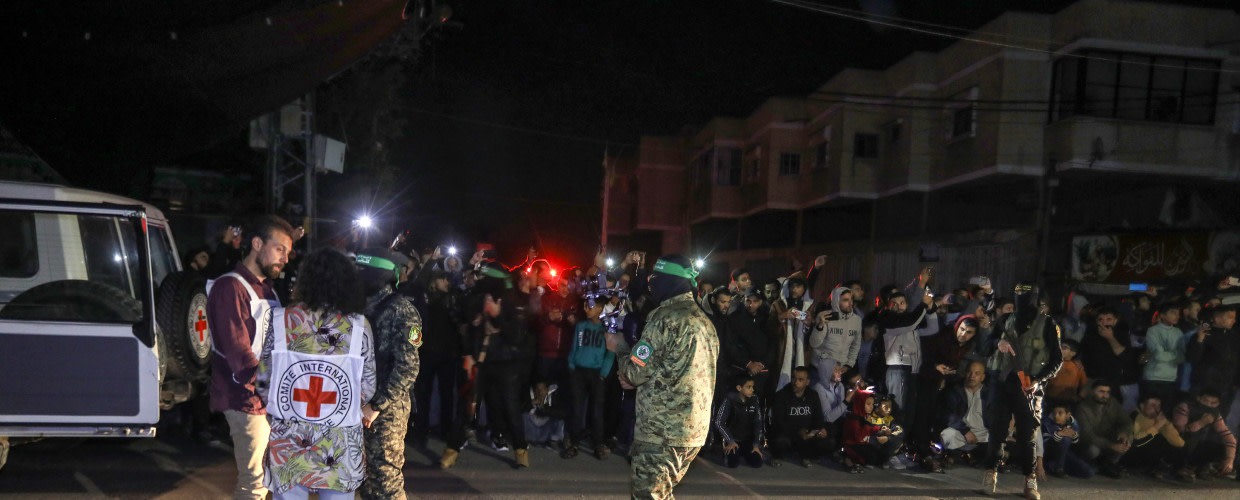Welfare and Social Affairs Minister Ya'acov Margi's recollections of the Yom Kippur War, which coincided with his 13th birthday, evoke memories of fear, helplessness, and a profound sense of existential threat. Fifty years later, on October 7, Margi found himself in Moshav Sde Tzvi, just 18.4 km from the Gaza border, experiencing the stark reality of rocket fire and an unfamiliar atmosphere.
As Margi recounts the events, he emphasizes the lack of immediate response from emergency services, leaving the community in isolation. Drawing parallels to the Yom Kippur War, he notes the stark contrast, pointing out the disturbing incidents of murder, rape, and massacre that occurred on October 7.
Instead of going to the synagogue, Margi engaged in a situation assessment conference with his ministry's director-general Yanon Aharoni as he understood the gravity of the situation. The Welfare and Social Affairs Ministry swiftly became a central player, deploying social workers to hotels accommodating evacuees.
Amidst the ocean of grief, Margi acknowledges the ministry's role in supporting the hostages upon their return. Collaborating with other players, the ministry prepared for their reception, focusing on long-term accompaniment after they were released from their initial hospital visits.
Margi addresses the need for permanent figures to provide confidence and explains the importance of assigning one social worker per released hostage. The ministry adopted a flexible approach, drawing on research materials and collaborating with the 'Harov Institute.'

Deputy Director-General Etti Kisos, who manages the social affairs in the ministry, is leading a team of 80 social workers dedicated to the care of 98 women and children. Margi addressed the challenges, emphasizing the varied circumstances and emotions the social workers encounter.
While Margi has not met the released hostages, he acknowledged the efforts of the ministry, the IDF, and the National Insurance Agency in supporting them. He stressed the importance of letting professionals work while respecting the privacy of the hostages who were released.
"We debated the question of where we send the hostages whose families were evacuated," Margi said. "Should they go to hotels so that they can be with their communities? If we need to, we will make an independent residential unit available to them. For more than 50 days, these people were in an indescribable situation."
Margi addresses Welfare Ministry's negative reputation
Margi acknowledged the problematic image his ministry has endured over the years, expressing a commitment to streamlining processes and recruiting additional social workers. He also reflected on the positive impact of privatization in enhancing operational efficiency.
Discussing the ministry's budget, Margi managed to secure an increase of one billion shekels for the current and next year. He emphasized the ministry's ability to overcome challenges and praised the support received from the Finance Ministry.
The shortage of social workers is a significant challenge, and Margi outlined efforts to address it, including discussions about improving salary conditions. He rejected the possibility of cuts in the Welfare Ministry in the event of a cut in government ministries.
Margi addressed the controversy surrounding coalition funds and food stamps, defending their allocation. He distanced himself from populist discourse and expressed regret for not insisting on including the funds in the base of the budget.
Finally, Margi acknowledged his responsibility for the recent events, expressing understanding for the criticism received. He refrained from commenting on the prime minister's role but expressed regret for his past opposition to the adoption regulations for LGBT couples, highlighting the ministry's commitment to providing supportive services to all community members.
